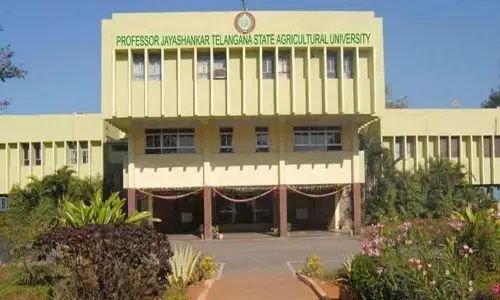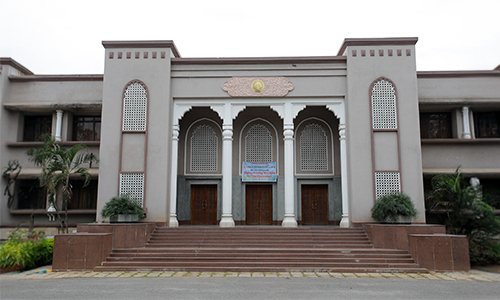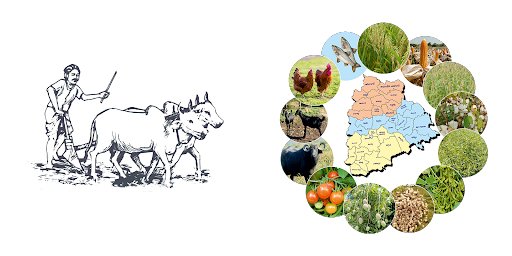Historical Background
The establishment of Farm Universities in India was strongly recommended by expert bodies to integrate education, research, and extension in agriculture and allied fields. This vision led to the formation of Andhra Pradesh Agricultural University in 1964. Over the years, various institutions and research centers were integrated into the university structure. Following the bifurcation of Andhra Pradesh in 2014, Professor Jayashankar Telangana State Agricultural University (PJTSAU) was established to cater exclusively to the needs of Telangana’s farming community.
Chronological Milestones
| Year | Event |
|---|---|
| 1960 | Second Joint Indo-American Team (Dr. N.S. Randhawa) recommended Farm Universities with autonomy and integration of agriculture, veterinary, and home science. |
| 1964 | Second National Education Commission (Dr. D.S. Kothari) advised one agricultural university per state. APAU was established on June 12 in Hyderabad. Sri O. Pulla Reddy was appointed the first Vice-Chancellor. Transferred Colleges: - College of Agriculture & Veterinary Science, Hyderabad (Osmania Univ.) - Agricultural College, Bapatla (Andhra Univ.) - SV Agricultural College & Veterinary College, Tirupati (SV Univ.) |
| 1965 | University inaugurated on March 20 by Prime Minister Lal Bahadur Shastri. |
| 1966 | 41 Agricultural Research Stations added (July). University building programme inaugurated by Prime Minister Indira Gandhi on June 23. |
| 1967 | Four Animal Husbandry Research Stations transferred (May). |
| 2014 | PJTSAU established on September 3 after AP bifurcation. Named in memory of Prof. Jayashankar. Formed under G.O. Ms. No. 7 (July 31), adapting the ANGRAU Act of 1963 (Telangana Order). |
| Present |
PJTSAU comprises: - 11 Colleges (8 Agriculture, 2 Engineering, 1 Community Science) - 12 Polytechnics - 16 Research Stations (3 Regional) - 9 DAATTCs, 8 KVKs - 1 each: EEI, AI&CC, ATIC, Electronic Media Wing It serves Telangana's farming community and aims to become the “Seed Bowl of India.” |






